The American Revolution - the Army AG at Work
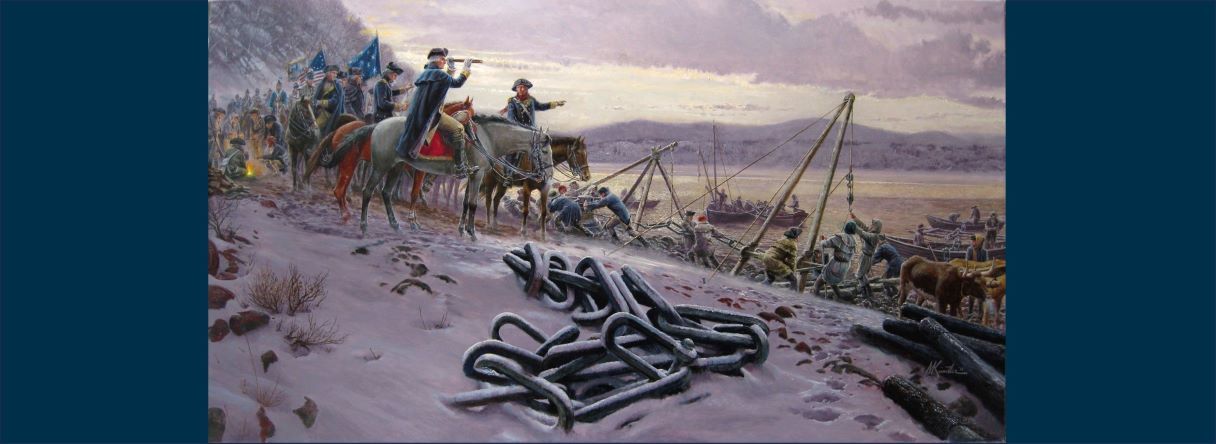
Researched by: COL (Ret) Gary L. Gresh, Writer and Historian
Colonel Timothy Pickering was the Adjutant General for General George Washington during much of the American Revolutionary War. He was a very special man, educated at Harvard, and eventually would also serve as both Secretary of War and Secretary of State for President George Washington in his administration. Colonel Pickering was also responsible for the commissioning and forging of the “Great Chain” at West Point, which was used to prevent the British Navy from using the Hudson River to link up with British naval forces in Canada during the War. The successful deployment and use of the Great Chain across the Hudson prevented the British Navy from ever massing its naval forces against the city of New York.
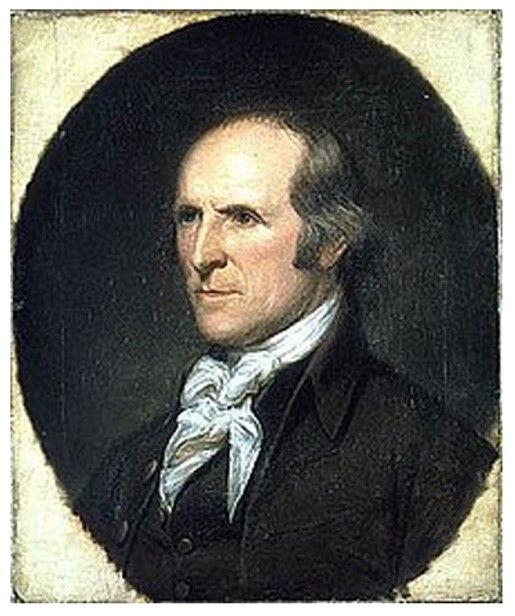
While it is unknown just how many aides or assistants each Adjutant General may have had during the Revolutionary War, it is rather well documented that each senior officer in Washington’s Colonial Army had at least two personal aides because of the many duties that had to be accomplished each day by and for the senior officers. Tents had to be erected, meals had to be cooked, and clothes needed to be washed, laid out, and horses needed to be cared for every day. Each senior officer had little time to accomplish such tasks while serving in their very demanding positions for General Washington. Therefore, they were allowed to use aides, and many actually employed their own staff from their own family funds.
Colonel Pickering was known to have had at least one junior officer that he used as an aide during the War. This author begs indulgence to speculate that this aide would have been a family man and would have written home often, as many officers did then. In a special letter home from Lieutenant Reynolds, Aide to Colonel Pickering, The Adjutant General, U.S. Army, West Point, who wrote the following letter to his wife in November 1779. Note - Historical indulgences from various archives and sources, U.S. Library of Congress, and the Library of West Point.
November 30, 1779: My Dearest Rebecca: My Wife and My Love, I miss you and the children daily and hope I can visit home soon. Please know that my services here are much needed, and I am certain our future depends on the success of this valiant mission. Our sons and daughters must be made to understand the great sacrifices that are being made daily for this precious freedom we all seek. I feel that I am witnessing the greatest events of the century, and that what we are doing may, in fact, become very historic indeed!
Yesterday, November 29, 1779, was a very special day here at our fortress at West Point. General Washington had his key leaders to a conference meeting. I have heard these famous names many times, but never had the chance to have met them face-to-face before. So many famous people have come to West Point, literally putting their lives on the line for freedom and independence for our cause. General Von Steuben from Prussia, The Marquis de Lafayette of France, Lieutenant Colonel Alexander Hamilton, Aide-de-Camp to General Washington, Engineers Colonel Kosciuszko and Captain Machin, and the Army’s current Adjutant Generals Colonel Pickering and Colonel Scammell, were all in attendance with an even larger contingent of the Army and its leaders.
The day started with breakfast of dried beef and talk of the upcoming battles and the need to keep the British forces split between New York and Canada. As assistant to Colonel Pickering, I got to sit in on all meetings and see the leaders at work. Colonel Pickering is so very calm, which I believe he learned from General Washington. As the present Adjutant General of the Army, Colonel Pickering is charged with all conscription of troops and spends most of his time talking with town leaders in an attempt to get more volunteers for the Army. If I have learned anything from Colonel Pickering, it is the need for better troop accountability and reporting. Many troops come and go at will, visiting home, and carrying letters back and forth. It is difficult to know just how many troops we actually have, as there seems to be no formal reporting methods in place. Most companies rely on their First Sergeants to know who is Enlisted and who is gone on leave or duty elsewhere. But things become very complicated when we have battle losses and wounded taken to various field hospitals and clinics. There is no system to account for such losses, and Colonel Pickering is determined to establish a formal accountability system for the Army. He has asked each Sergeant to submit a report each morning to their Commanders so that we can account for all of the Soldiers.
General Washington has brought his staff here to oversee the specific timing and trials of bringing in the great chain across the Hudson, put in place by Colonel Pickering and his Soldiers over the past two years. “Washington’s Watch Chain”, as the newspapers in New York have dubbed it, is the great chain across the Hudson, which has now been in place for almost two years and seems to be doing its intended purpose of keeping the British Navy in New York. Our gun batteries overlook the chain and river and are ready to attack any British ship trying to navigate the Hudson north to Canada. Colonel Pickering continues to maintain contact with the Sterling Foundry Works to replace weak links in the chain, or to provide extra links as needed. The chain came out of the river yesterday, and it was quite an operation to behold. General Washington took his entire staff down to the river bank to the chain emplacement and oversaw the removal of the chain personally.
It was quite a spectacle to see as the entire staff, General Washington on his great horse, Nelson, overseeing all the Soldiers and officers conducting the boat operation to retrieve the chain before the river would freeze over. Two men were badly hurt when a boat got caught between the oxen lines and pinched the men in between the lines. I thought at first that they had their legs amputated, but it turned out they just got severely cut and bruised badly. Ice is the great enemy of the chain as the links will split and separate if the river freezes with the chain still in the water. Boats were used to maneuver the barges and rafts toward shore, where the oxen could pull the great chain up on the bank of the river. It took the entire afternoon and evening by torchlight to get the chain onto the shore, and it was none too soon as the river had ice floating in it as we finished up last evening.
I will never forget seeing General Washington riding back and forth on that great horse, talking to every Soldier, talking with the head of his honor guard and with his guests. General Washington is always at his best when riding. He becomes more animated and actually talks to almost everyone. His staff meetings are much different where he mostly listens to others. General Von Steuben and The Marquis de Lafayette both commented to Colonel Pickering that General Washington is the right man at the right time for the American Army, as he is as noble as any aristocrat on horseback yet is truly an American Patriot in demeanor and leadership. Colonel Scammell is to take over as the Adjutant General next week from Colonel Pickering. I wanted to go with Colonel Pickering as he is to return to his regiment, but I have been told I will remain on here at West Point with Colonel Scammel to make his transition a bit easier.
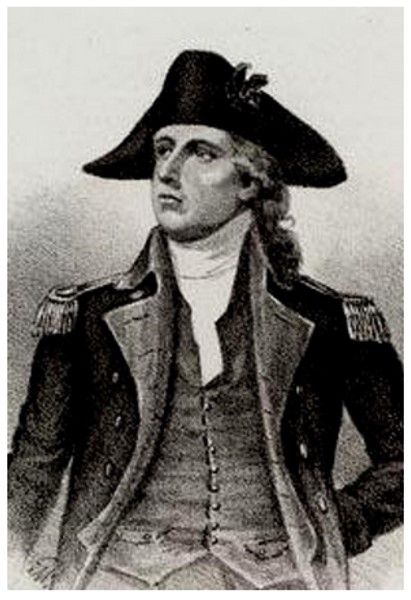
I miss home and particularly the warmth of our bed at night. It seems to be cold here all the time with nowhere to get warm. I finally found a pair of gloves that have helped immensely. My fingers get particularly cold since I must remove gloves to write and I write a lot every day transposing figures for Colonel Pickering. If you can find a way to send me gloves or a knit cap, I would be much thankful.
We have had several skirmishes on the north side of the encampment with British Soldiers, who are evidently trying to determine the best avenues of approach to the West Point Fort. It is rumored that the Army will move to New Jersey soon, as the weather at West Point is getting too brutal, and the Army must seek better winter quarters. This will make Colonel Scammel’s job more difficult as he tries to maintain the Army’s strength, as many Soldiers will want to return home in December as many contracts are over at year’s end. My job will be to try and convince Soldiers to stay on with the Army as we go to winter quarters. It is a constant challenge for every Officer to maintain a good spirit and convince others to maintain their enlistments.
It is getting very late and my fingers are once again stiff and cold. I will write again when it is possible; I remain your Loving and Humble Husband, Lieutenant JR Reynolds.
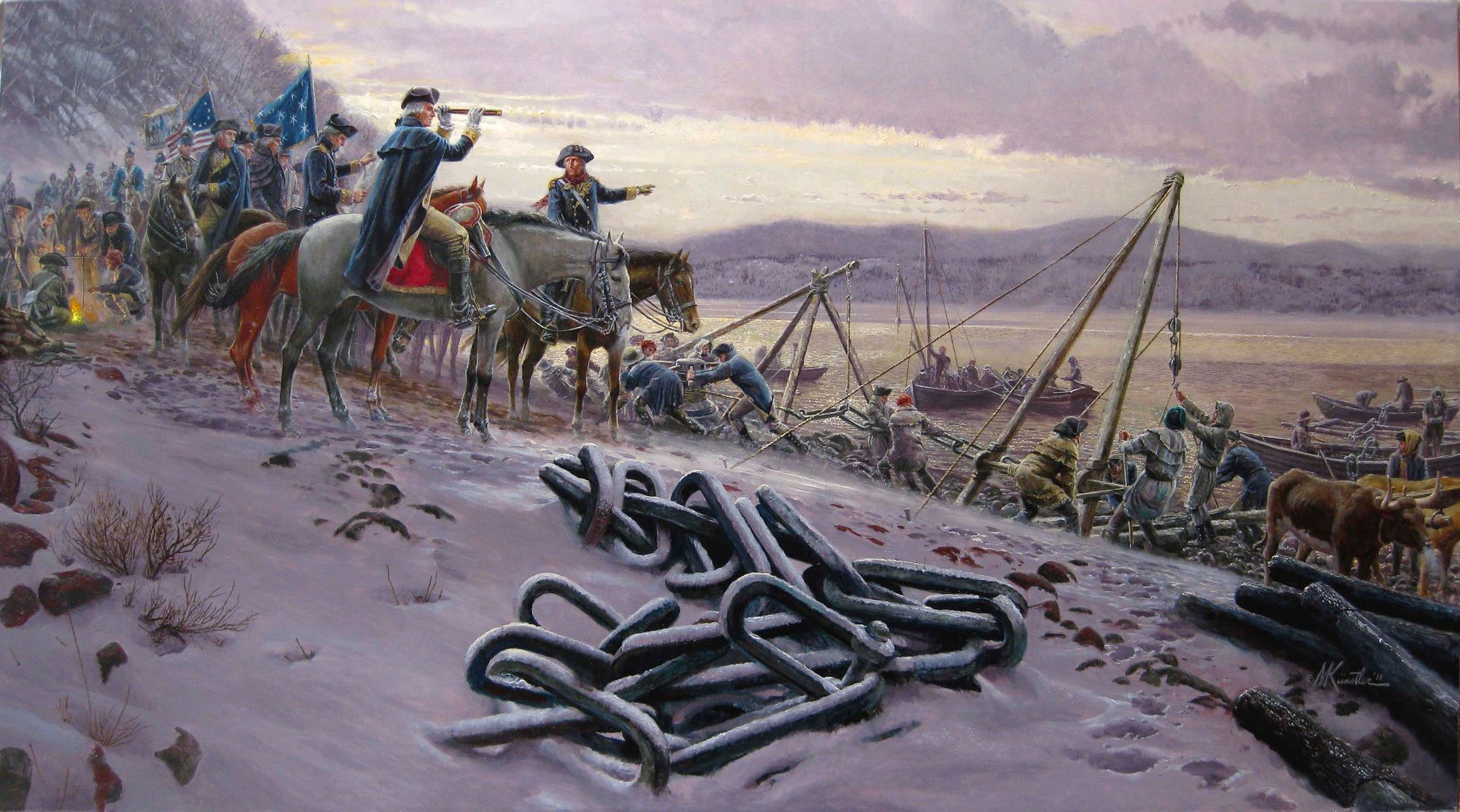
** In summary - the Tools of the trade have changed over the years, but the heart of the AG Soldier is little different today from that of Lieutenant Reynolds, Aide to Colonel Pickering, The AG of the Army, 1777-1779. **
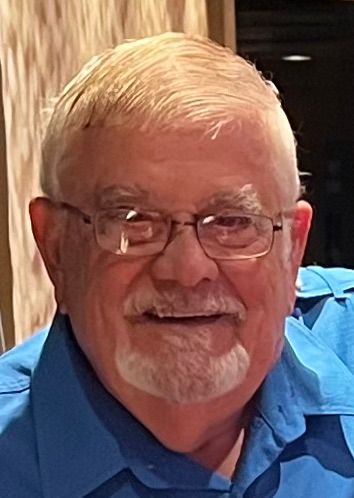
COL (Ret) Gary L. Gresh (Greshg@bellsouth.net), Author, Amazon Books Publishing. COL (Ret) Gresh is an AG Corps Hall of Fame inductee, Class of 2011, and a Distinguished Member of the Corps. COL (Ret) Gresh served in many AG, Special Forces, Ranger, and Airborne Units commanding at every level from a Platoon leader in Vietnam in the 101st Airborne Division, to the Commander, 18thPersonnel Group out of then Fort Bragg, NC during Operation Desert Shield / Desert Storm. During his 30 years of service, he earned over 24 awards and decorations in the Army, including the Distinguished Flying Cross, Two Bronze Stars, and The Legion of Merit. The Secretary of the Army awarded COL (Ret) Gresh the U.S. Army Distinguished Service Medal upon his retirement as the 20th Commandant of the Adjutant General School and the 7th Chief of the Corps.